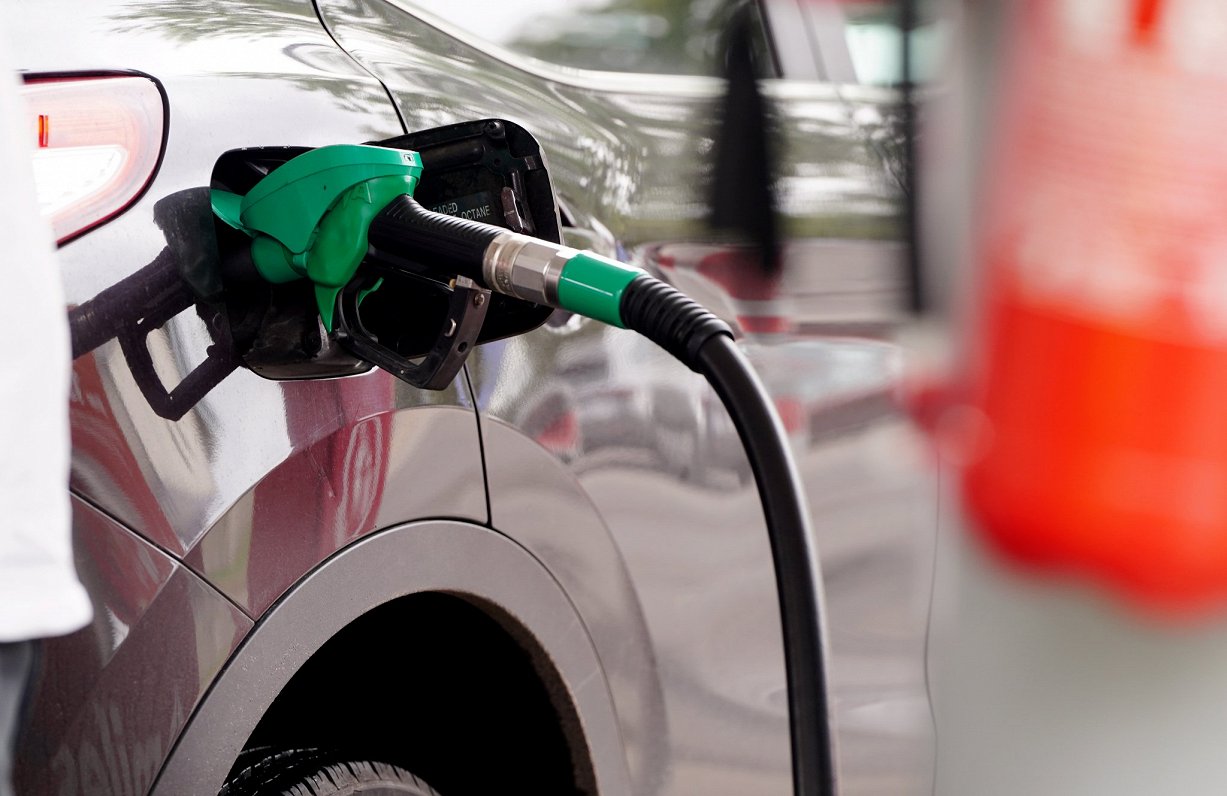Ilmārs Šņucins, Deputy State Secretary at the Ministry of Finance, says that the main objective of the excise tax hike is to provide the state budget with the revenue needed for external and internal security and to partly compensate for the decrease in labor tax revenues. Fuel and gas used as fuel will have a tax €10 per tonne in 2025 for the carbon dioxide or CO2 component.
The most widely used fuels, such as petrol, will see an increase of 2.8 cents per liter in 2025 and a further 2.8 cents in 2026. Diesel will see a rise of 3.2 cents in both 2025 and 2026, respectively, Šņucins said.
“The aim is also to promote a more economical use of these resources, which also reduces the C02 footprint that Latvia leaves. But at the same time, we are also making sure that this increase is not too steep and, of course, that it does not harm economic development,” says Šņucins.
Aigars Kalvītis, Chairman of the Board of JSC Latvijas Gāze, believes that the increase in gas prices next year will be significant. The current gas price is between 44 and 47 euros per megawatt-hour. For users with cookers, the price increase will be around 3.5% to 4%. But for those households using gas for heating, from January 1, the increase will be around 4.5% to 5% on top of the cost, Kalvītis said.
“Well, if a person is currently paying for gas per month, let’s say 250 euros on average, that will be a 5% increase. For businesses, it’s very similar to households. If gas cost €20 per megawatt hour, as it did before the crisis, then 5% is not actually a big increase, but at current prices it is a very significant increase,” says Kalvītis.
Excise duties will also increase on sweetened drinks, alcohol, and tobacco.
Select text and press Ctrl+Enter to send a suggested correction to the editor
Select text and press Report a mistake to send a suggested correction to the editor
Tell us about a mistake
